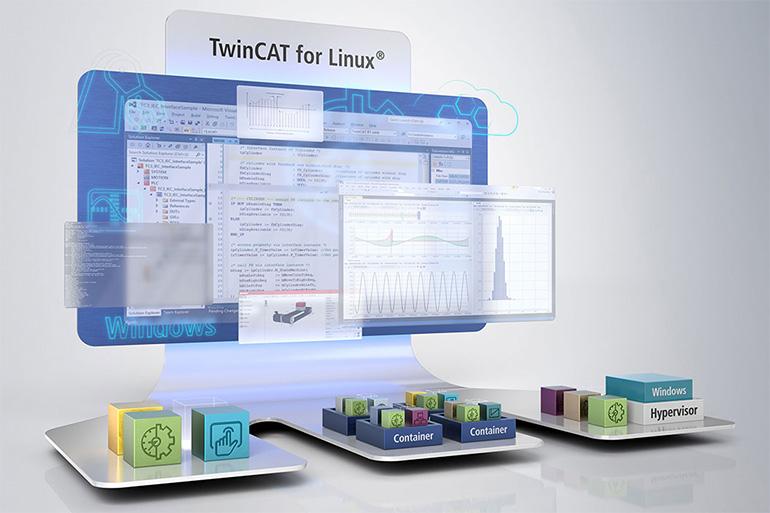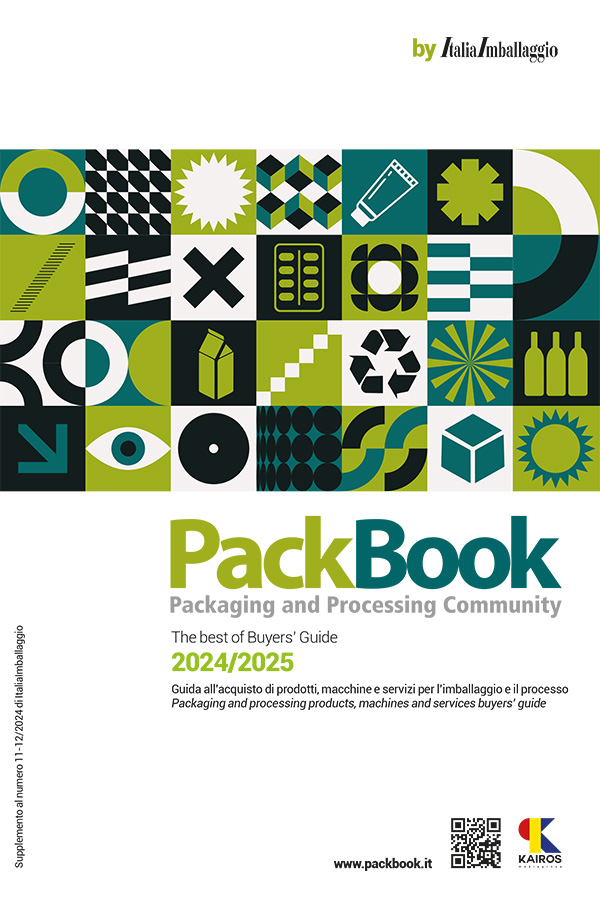Beckhoff grows and invests in AI
Beckhoff is revolutionising automation with its MX-System and is integrating artificial intelligence in its hardware and software solutions.
2023 was characterised by a constant and significant growth for the Beckhoff group, the leading automation company, which saw its turnover rise to 1.75 billion euros, marking an increase of 16% compared to 2022. These results confirm the solid performance of the company, which continues to stand out in the sector. Many new developments were presented at SPS, the innovation event organised in Parma by Messe Frankfurt.
One of the most important is MX-System, the automation solution without an electric panel. The underlying concept is that of replacing the cabling of an electric panel with a base that makes it possible to interconnect automatically with a wide range of modules through standardized interfaces. In addition, Beckhoff also gave ample space to artificial intelligence, integrating it into its hardware and software and significantly extending its technological offer.
Open source. The TwinCAT runtime for Linux real-time control, which offers the possibility of carrying out different TwinCAT runtimes on a single industrial PC, is therefore, of great interest. It means that users can now combine different parts of the system on a high-performance single computer to simplify programming and diagnostics. In addition, it makes it possible to access a GPU (graphics processing unit) from the real-time environment, providing a hardware accelerator for particularly computationally demanding applications, such as vision applications, and many more besides.
The future is now. Again, on the artificial intelligence front, on which Beckhoff has been investing for some time, the TwinCAT Chat stands out, with a functionality that makes it possible to use Large Language Models (LLMs) like ChatGPT by OpenAi in the context of TwinCAT XAE developing designs. For automation engineers, LLMs have the potential to revolutionise the development process, automatically generating and completing the code. This accelerates the whole process. In addition, it’s possible to create personal tutorials for LLMs and request the specific solution of problems that arise. From the point of view of business management, on the other hand, LLMs promote the transfer of knowledge inside the organisation, storing precious information and making what is needed available.






















